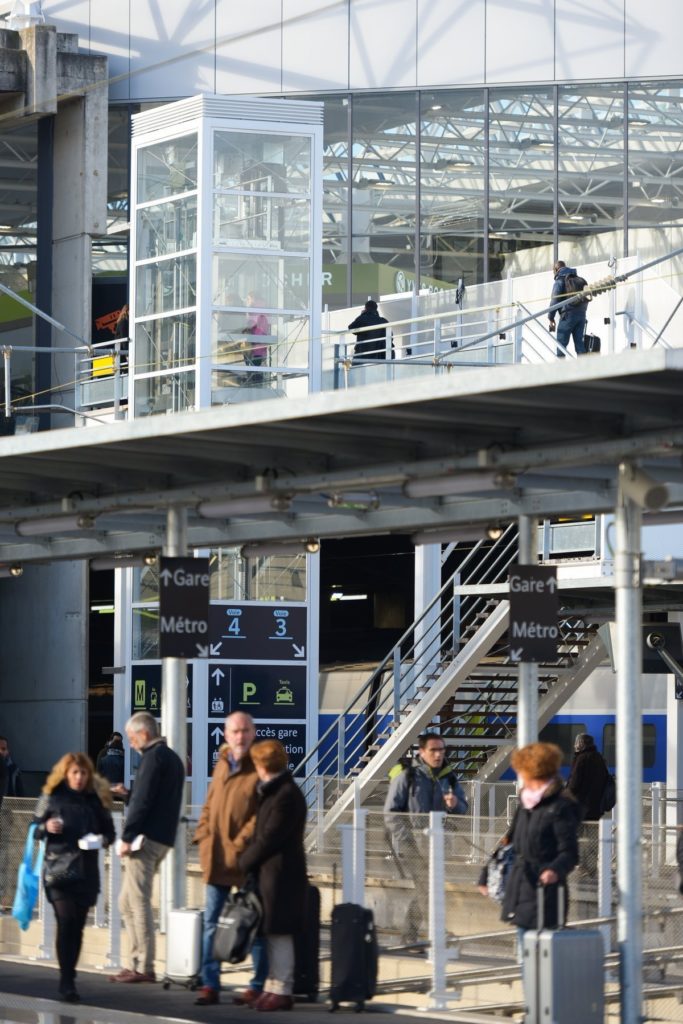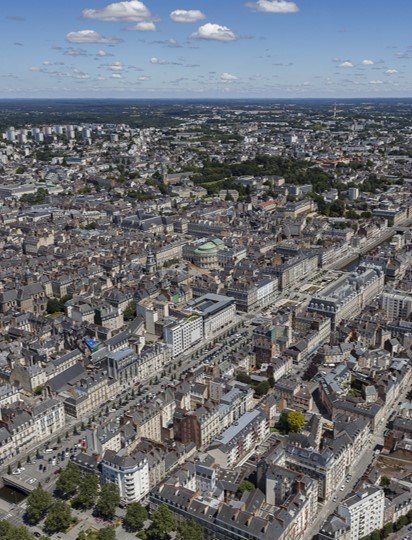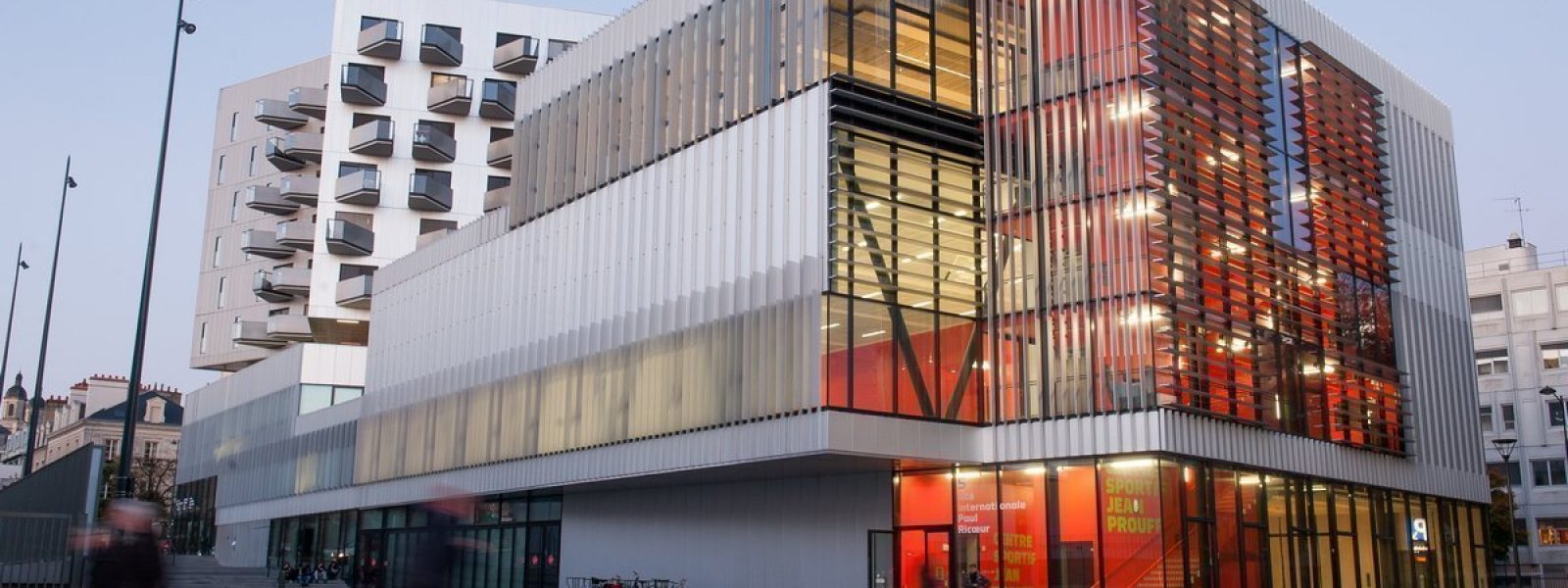A complete overhaul for the Breton capital!

With almost €2 billion allocated between now and 2020 for metro line B, the Le Couvent de Jacobins conference centre, the Cité internationale Paul-Ricoeur accommodation and even the multi-modal interchange at the new station, Rennes is positioning itself as one of the most important French conurbations in terms of the scale of its investments in major projects for the next 5 to 10 years.
A strong urban dynamic
Not only satisfied with the arrival of the high-speed railway line (LGV), a second metro line will be opened in 2019 and the new Le Couvent de Jacobins conference centre will open in 2018 to host large-scale national and international professional events.
It should be noted that the new business quarters, such as EuroRennes, a major economic hub around Rennes station and the Via Silva eco-city, at Cesson-Sévigné and Thorigné Fouillard, will rejuvenate the region’s economy in the years to come.
Unprecedented economic results

These major projects carried out by Rennes Métropole have a considerable economic and social impact on the local and regional area. According to an AUDIAR study in 2015, 830 companies are involved in the construction sites for metro line B, the conference centre, the Cité internationale Paul-Ricoeur and the Courrouze quarter, of which 500 are Breton.
To give another example, the works on the high-speed railway line have required more than €475 million in civil engineering works, which were entrusted to local SMEs from the Loire and Brittany regions under the umbrella of the Eiffage company. In addition to these direct economic benefits are the living expenses (accommodation, food service industry, commerce) associated with the presence of around 2,500 collaborators currently involved in the works, which is estimated at approximately €200 million.
The new conference centre is anticipated to generate almost €20 million in economic benefits per year for the entire area.
Rennes – region of experimentation
Anticipating the uses of tomorrow, developing new means of consumption, thinking of alternative transport – the players in Rennes waste no time in drilling down into these areas to create, experiment and carry out new projects.
In addition, a number of trials have therefore been developed with manufacturers and SMEs in Rennes in the search for new economic models.


